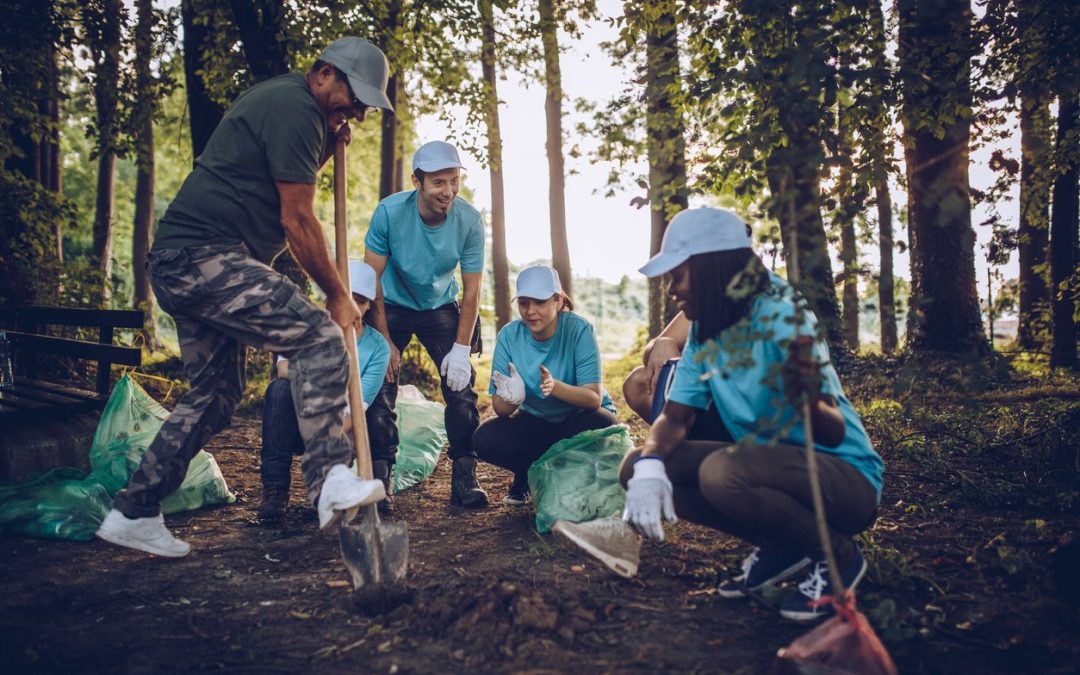Volunteering serves the common good. Many important organizations cannot accomplish their goals without volunteers.
Volunteering can, however, also serve the individual good. If you need a career boost, volunteering can provide opportunities for professional development.
Get work experience
Younger members of the workforce, especially new graduates, often face the dilemma of needing work experience to get hired but not being hired because they lack work experience.
Volunteering solves that dilemma. If you want to work as a nurse, for example, and have only worked in medical equipment sales, you can volunteer with the Red Cross’s blood donation programs.
Learn new skills
Many volunteer positions require formal or informal training to fulfill the expectations of the position. Often, the organization will provide some of that training to its volunteers. As a result, taking on a volunteer position may allow you to learn new skills.
Even if a volunteer position does not relate directly to the technical requirements of your career, that position can provide practice with high-level skills such as event planning and interpersonal communication.
Expand your social network
A wonderful side effect of most volunteer positions is the number of new people you meet.
If you volunteer for one of the country’s many animal rescue societies, for instance, not only will you interact with lots of cute dogs and cats, but you also will interact with volunteer coordinators, veterinary staff, animal trainers, and other animal lovers.
If you are studying to be a veterinary technician, these contacts may serve you well once you begin your job search.
Explore a new industry
Sometimes, people have an interest in a certain kind of work, but they have had no exposure to the day-to-day demands of the relevant profession. Many volunteer positions put people on the front lines of an organization.
For a person who, for example, wants to switch from being a shipper-receiver to being a high-school science teacher, volunteering with a science homework hotline will likely provide contact with actual high school science students.
Gain confidence
Some people find career development daunting because they believe they don’t have any special abilities to offer their employer. Volunteer positions allow people to practice skills without the fear of being fired and losing a source of income.
If you want to be a human resource counselor, for example, but don’t think you can ever work one-on-one with someone with any degree of intimacy, find a volunteer position that requires one-on-one interaction. For example, you can volunteer with an adult literacy organization and help an adult learn to read.
Learn more about yourself
Before you consciously decide to expand your career, you must first recognize your skills, interests, and values. Volunteer experience can help narrow or broaden your sense of self.
For example, if you sit on your child’s parent-teacher advisory council and discover you love negotiating with other counselors about the use of discretionary budget items, you may have untapped potential as a budget analyst.
The bottom line
Perhaps you think you don’t have the time to volunteer, but millions of people worldwide volunteer every day. The good news: You’ll be able to help others while also helping your career.




